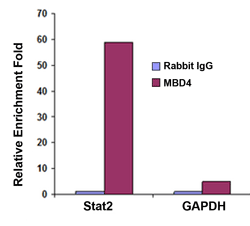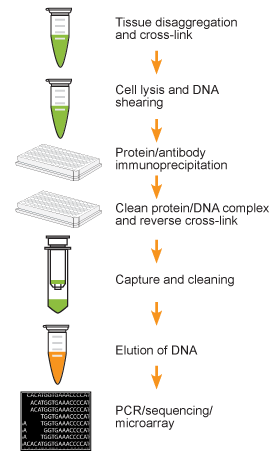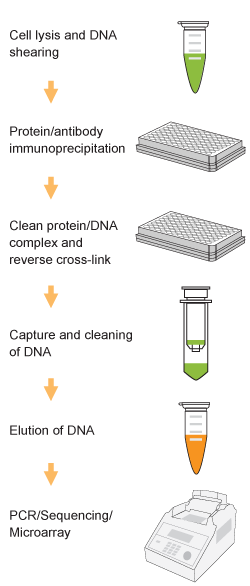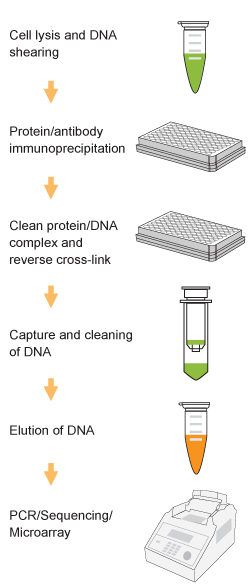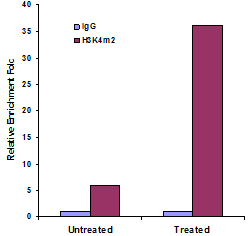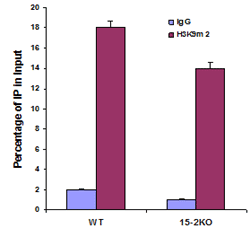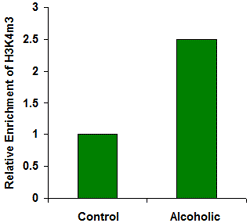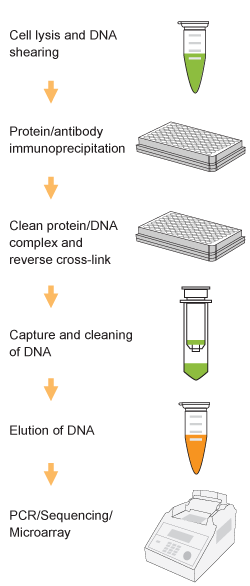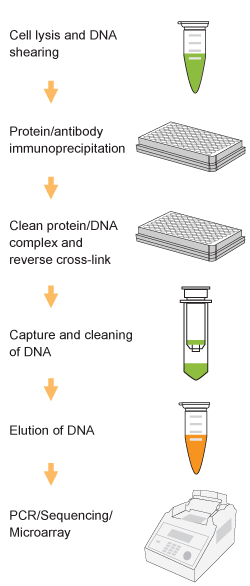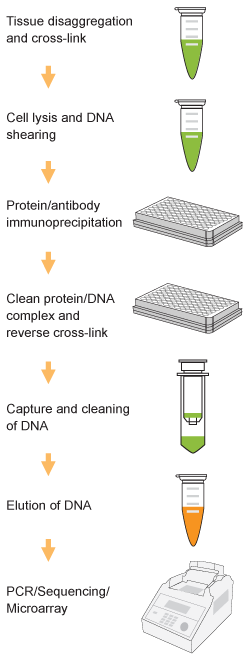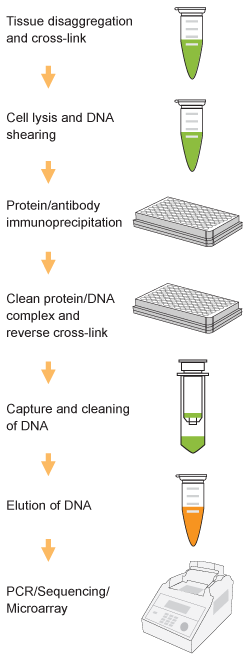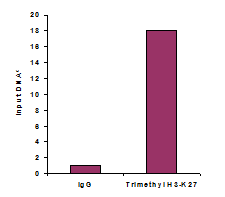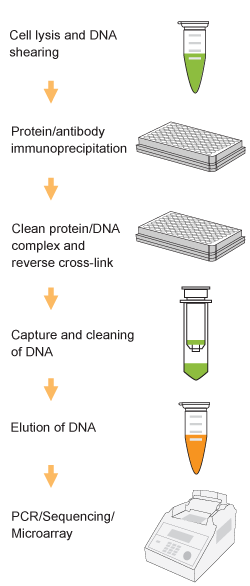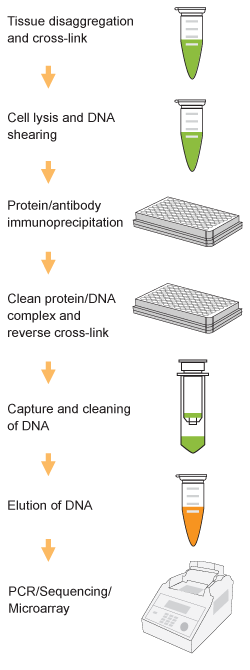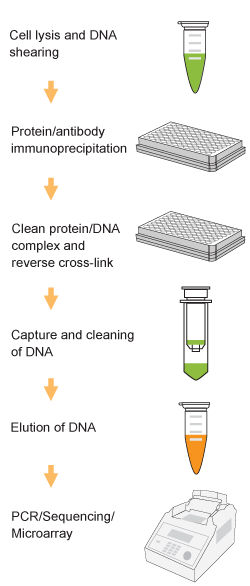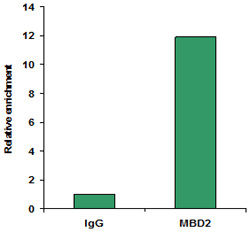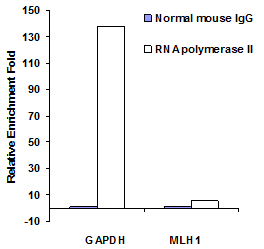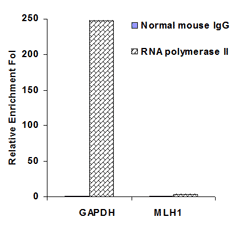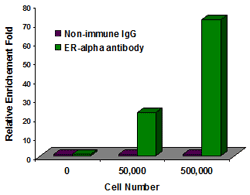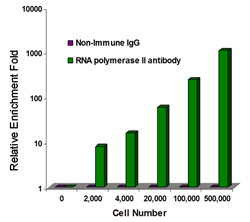EpiQuik™ and ChromaFlash™ chromatin immunoprecipitation assays are ChIP-based methods for enriching target protein-associated DNA from a variety of sample types, including isolated chromatin, cells, and tissues.
The technology allows for extremely rapid protocols with superior enrichment efficiency of protein–DNA complexes versus traditional procedures. The strip microwell format makes the assays flexible for either manual or high throughput processing, and kits are available for both user-selected protein targets and key histone H3/H4 modifications, including the most important and well-characterized marks.
EpigenTek delivers all-in-one resources to support and streamline your chromatin immunoprecipitation studies:
- Explore the Basics: Learn the fundamentals of Chromatin Immunoprecipitation.
- Additional Resources: Explore our detailed overview and supporting materials.
- Technical Hub: Find FAQs, troubleshooting solutions, and optimization guides in our centralized support center.




 Cart (0)
Cart (0)




